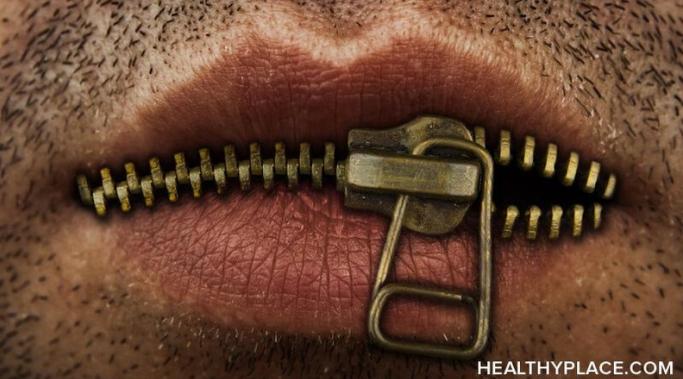to: Governor Dannel P. Malloy, Connecticut
Dear Governor Malloy,
Thank you for taking a stand this weekend for mental health treatment. According to the Connecticut Post, you received a "rousing ovation" at the U.S. Conference of Mayors for demanding that we remove the stigma from mental health issues, rather than destigmatizing violence as we do in many video games.
You said:
"If we spent as much time and energy on destigmatizing mental health treatment as we do in the proliferation of these video games that destigmatize violence, we as a society would make great gains."
Governor, I couldn't agree with you more.
Now it's time to put the money (budget) where your statement is.
Mental Illness and Stigma
I have a guest blogger this week - and she is in High School. Her name is Eliana Yashgur, and she attends Hebrew High School in New England. She wrote to me after reading Ben Behind His Voices, and shared her essay with me, which was a runner-up finalist in a contest competition run by a neuropsychiatry lab at which she hopes to intern this summer. I was so impressed by her work that I asked her to be my guest blogger.
That lab would be lucky to hire her!
If a high school student gets it, let's hope the word will spread. HealthyPlace is doing its part to stand up for mental health. So is Eliana, so can we all.
I write this just a few hours after having spoken at a legislative breakfast in Connecticut, where looming budget cuts seem aimed at "saving money" by cutting funding to non-profit agencies that provide needed services to people who have disabilities or disadvantages ranging from poverty to down's syndrome to mental illness...people who, with these services, have a chance to rebuild their dignity, their potential, their futures.
Without these services? The costs are astronomical - financially as well as emotionally. Homelessness, hopelessness, aimlessness, illness relapse, even crime.
And here we are, moments later, hearing the news that another shooting has occured - this time in our own backyard, in Newtown CT. A shooter has opened fire in an elementary school. An elementary school.
Does this have anything to do with untreated mental illness? I have no idea, yet - but it is one of the first things that comes to my mind.
Ben has a friend. A real friend. They actually socialize. Last night, "the boys" were up until 2 am playing a video game, and I am about to drive them both to school so they can take their finals. They studied. They care about their grades. They talk about life, philosophy, favorite foods and TV shows, and just plain old everyday stuff.
Try an experiment:
Of the four pictures below, which do you think is representative of someone with mental illness? There can be more than one answer, but don't overthink this: just follow your gut instinct.
I not only dream for a world someday without stigma and with proper treatment for mental illness - I also hope for it. And, for that to happen, we need each other. Reflecting the theme of the recent NAMI Mercer (New Jersey) annual Harvest of Hope conference, we must work together to plant, nurture, and harvest the seeds of hope.
Another "Tragic Drama" re Schizophrenia?
On day three of Mental Illness Awareness Week, this news from the film world: another movie is being planned that will focus on a true story of someone diagnosed with schizophrenia - and, of course, the tragic results.
Because, I suppose, that is way more interesting to the viewing public than a person with treated schizophrenia, who has the courage, patience, and strength to pull his or life back together after a devastating diagnosis and numerous crises.
I recently participated in a wonderful panel called "Self-Stigma Solutions" alongside three people who live not only with mental illness but also with the mental health stigma that comes along for the ride - both external stigma and internal self-stigma. Each person shared the messages they heard, once diagnosed:
"your life is over"
"you'll never amount to anything now"
"you'll never have friends"
"you may as well just give up"






